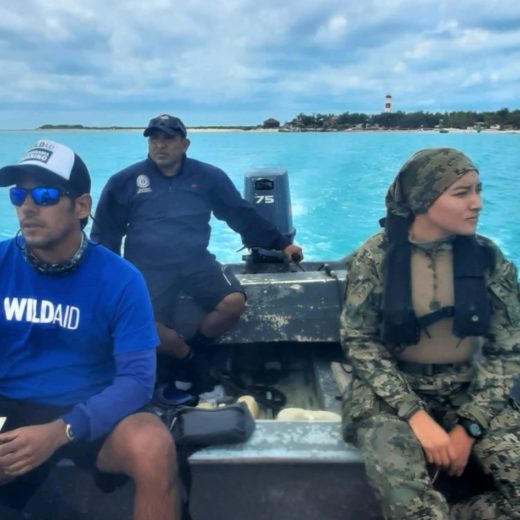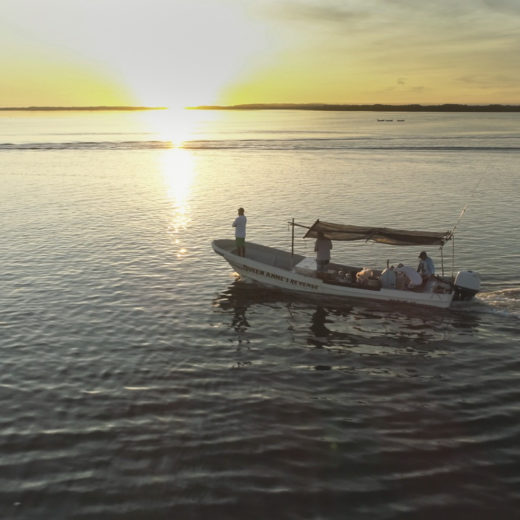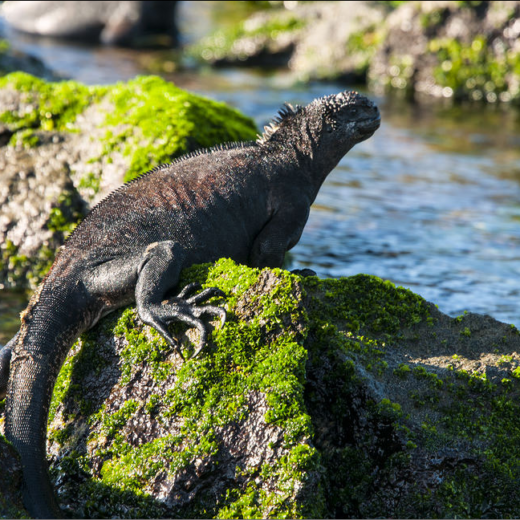
BY SILVIA SANCHEZ, WILDAID MARINE PROGRAM
Nicaragua’s stunning beaches are more than tourist attractions. The sandy bluffs along the coral corridor provide a refuge for thousands of nesting hawksbill, olive-ridley, leatherback and green sea turtles. In fact, Nicaragua’s La Flor Wildlife Refuge hosts more than 100,000 olive-ridley nests each year.
WildAid completed an enforcement assessment last year of three marine protected areas (MPAs) in Nicaragua’s coral corridor to address turtle poaching and other threats to the region’s biodiversity. Sea turtle eggs are considered delicacies in Nicaragua and the hawksbill shells are used for jewelry and other trinkets. Its beaches are the subject of rampant poaching that takes advantage of the “arribadas” (arrival of nesting sea turtles) and every year, millions of sea turtle eggs are taken from their nests to be sold on the black market.


This year, Nicaraguan authorities, together with Fauna and Flora International have begun implementing some of WildAid’s recommendations to great success. These include the purchase of a patrol boat and equipment to better monitor the MPAs in collaboration with the Navy, the creation of a vigilance committee and the construction of a watchtower at Chacocente Wildlife Refuge overlooking beaches to monitor the nesting sites.
WildAid is also donating a handheld thermal camera to monitor the arrival of turtles and to detect poachers at night—when they are most active. The camera range extends nearly one mile allowing rangers to spot poachers and illegal fishing vessels. Park rangers can take the sleek, handheld camera both on the patrol vessel and by foot—using it where it is most needed at any particular time.
Sea turtles, which can live up to 80 years, are an important part of a healthy marine ecosystem and generate more than one million dollars in annual tourism revenue. In addition to our support of Nicaragua’s sea turtle conservation initiatives, WildAid works with park rangers in Ecuador on various sea turtle conservation projects that include working with a local wildlife rehabilitation hospital, underwriting at-sea patrols, removing abandoned drift nets, marking and protecting nests from predators, releasing more than 15,000 sea turtle hatchlings into the sea, and educating the local community about the importance of sea turtle conservation.
Stay in touch and get the latest WildAid updates.
SIGN UPAbout WildAid
WildAid is a non-profit organization with a mission to protect wildlife from illegal trade and other imminent threats. While most wildlife conservation groups focus on protecting animals from poaching, WildAid primarily works to reduce global consumption of wildlife products such as elephant ivory, rhino horn and shark fin soup. With an unrivaled portfolio of celebrity ambassadors and a global network of media partners, WildAid leverages more than $308 million in annual pro-bono media support with a simple message: When the Buying Stops, the Killing Can Too.
Journalists on deadline may email communications@wildaid.org


